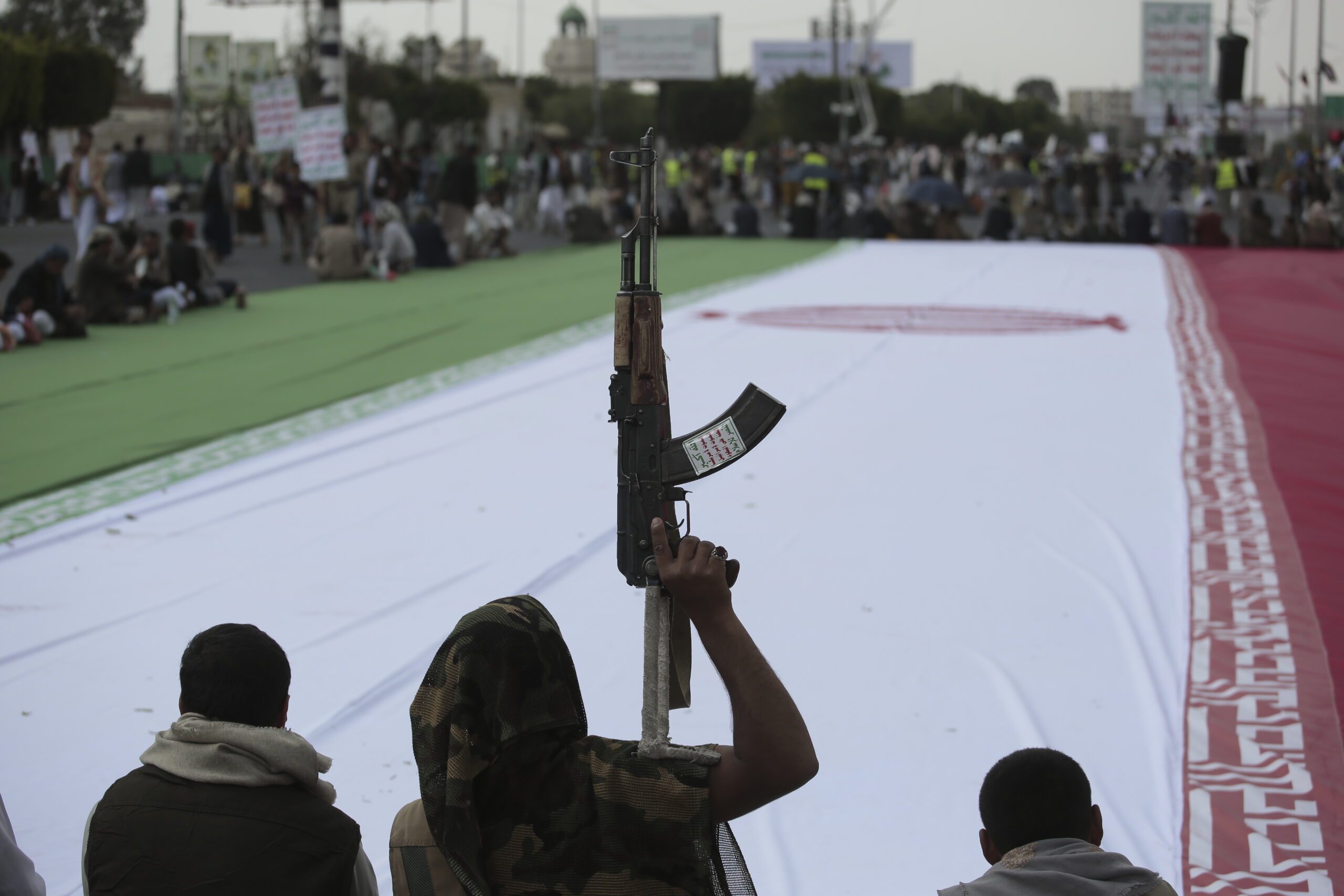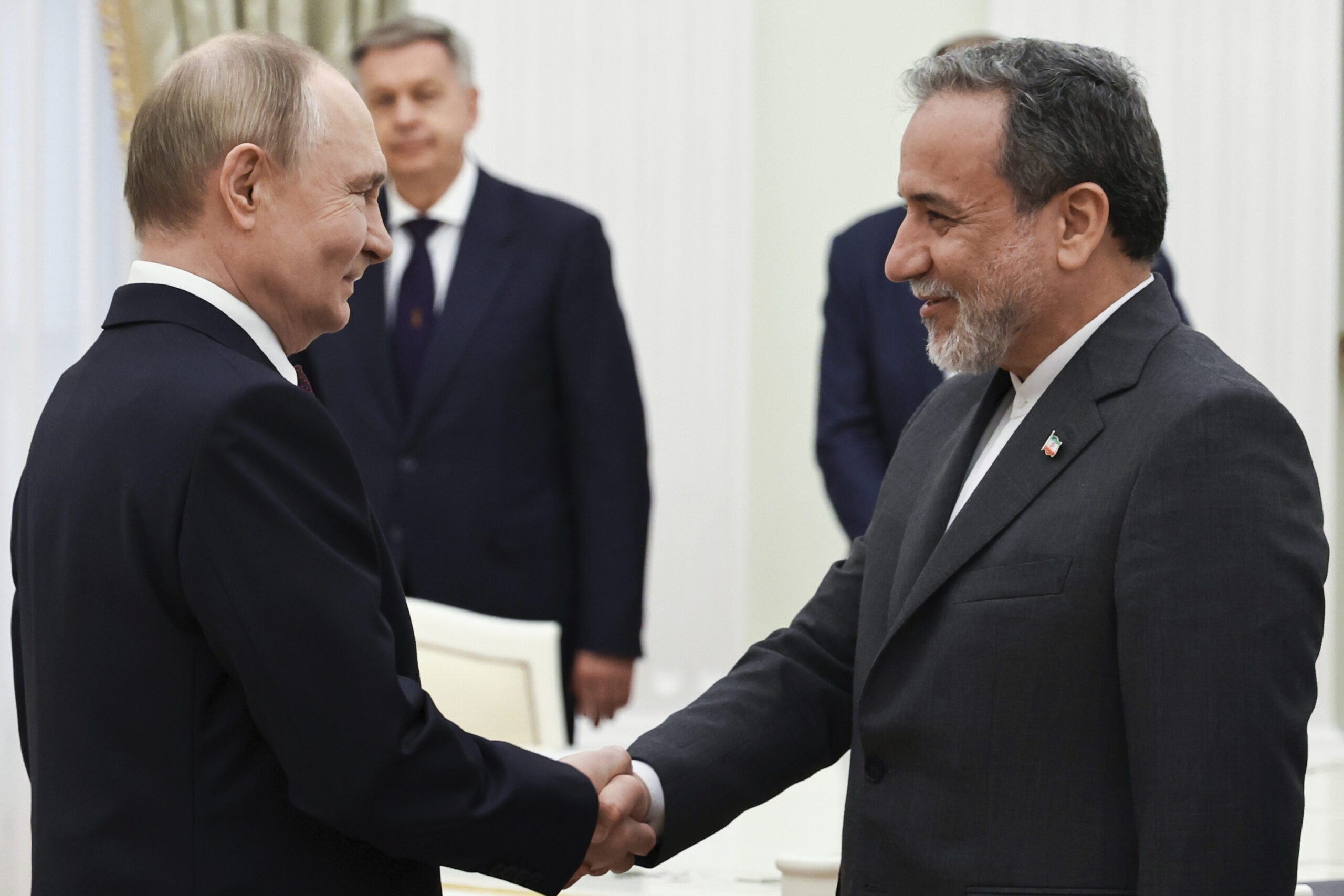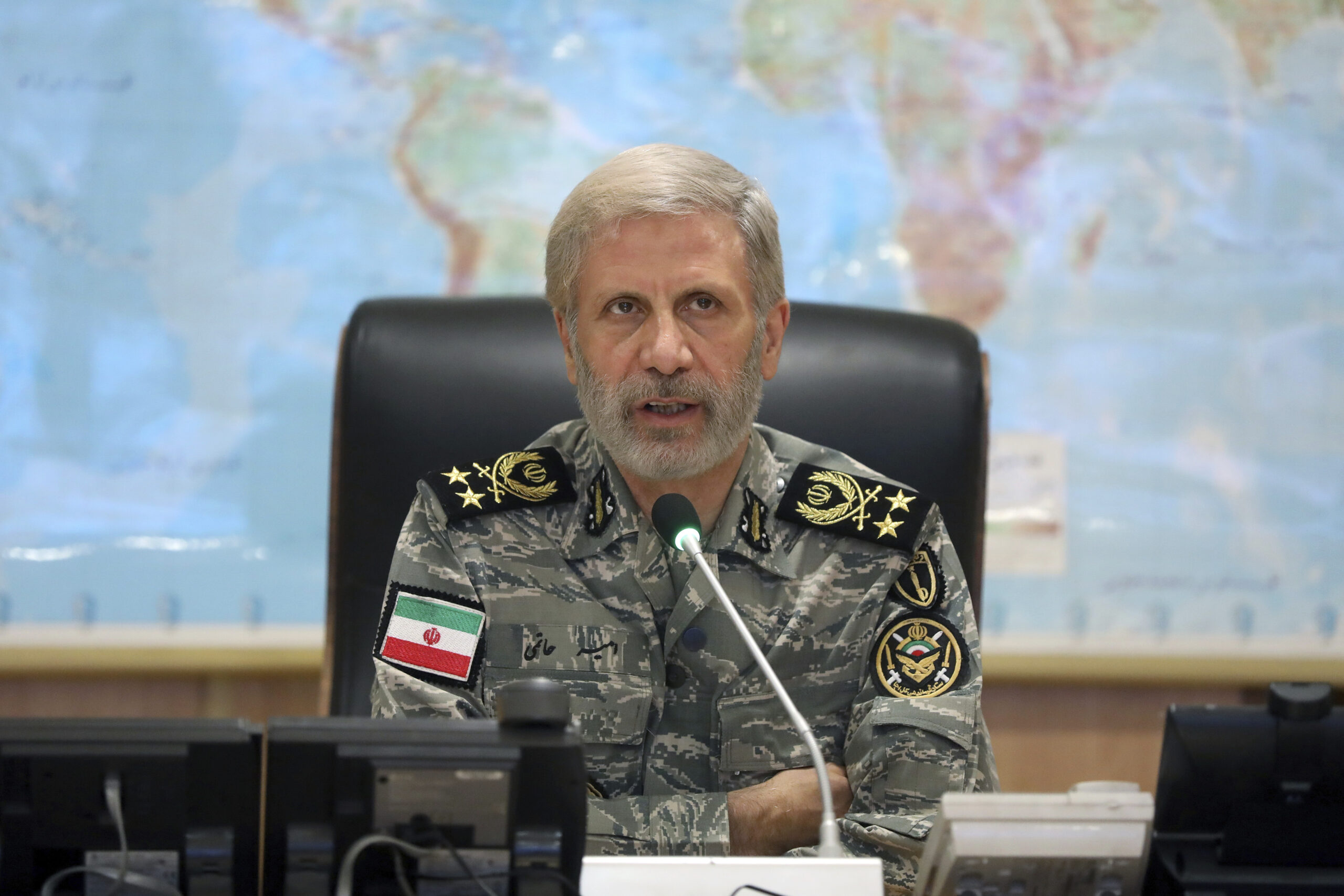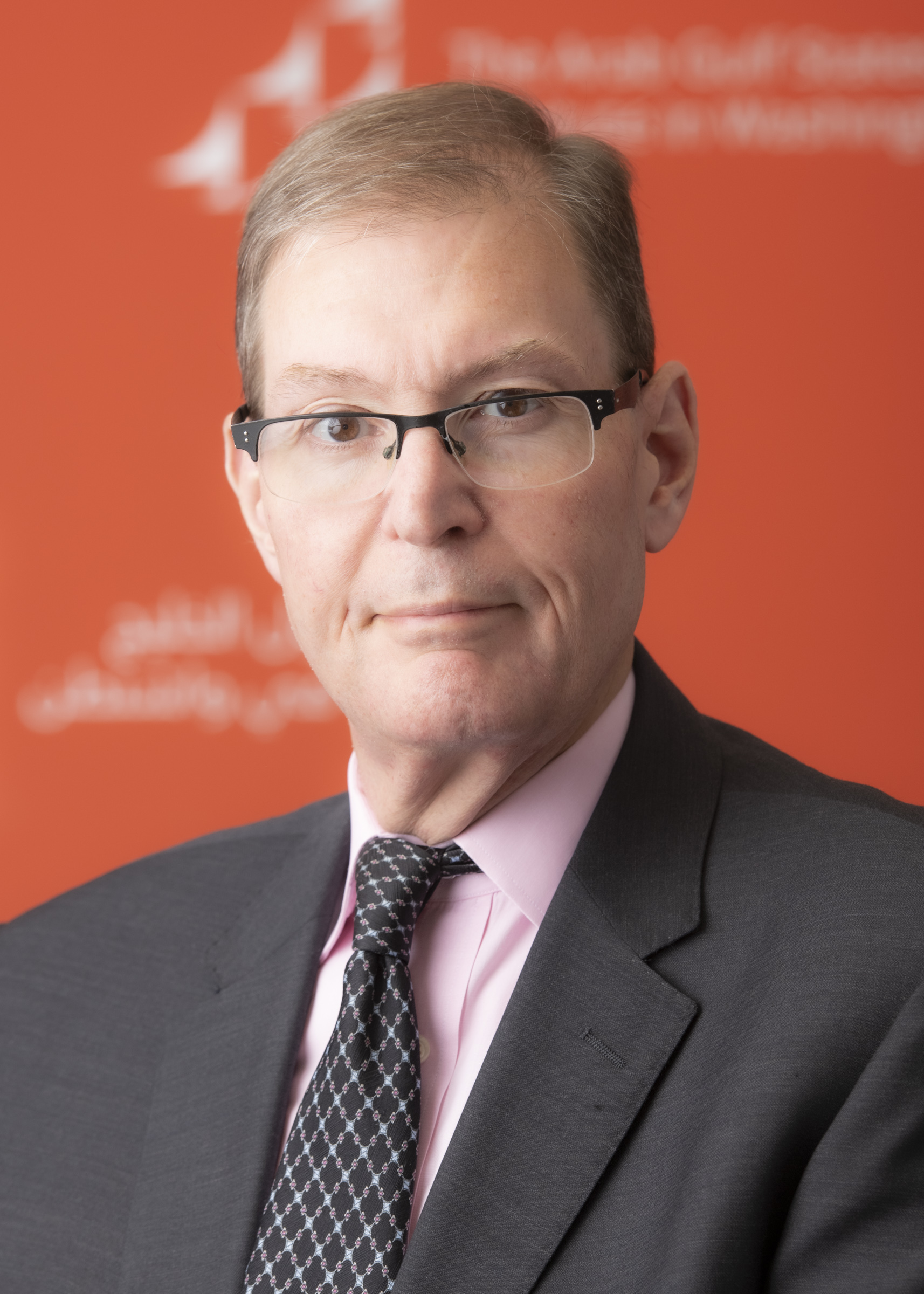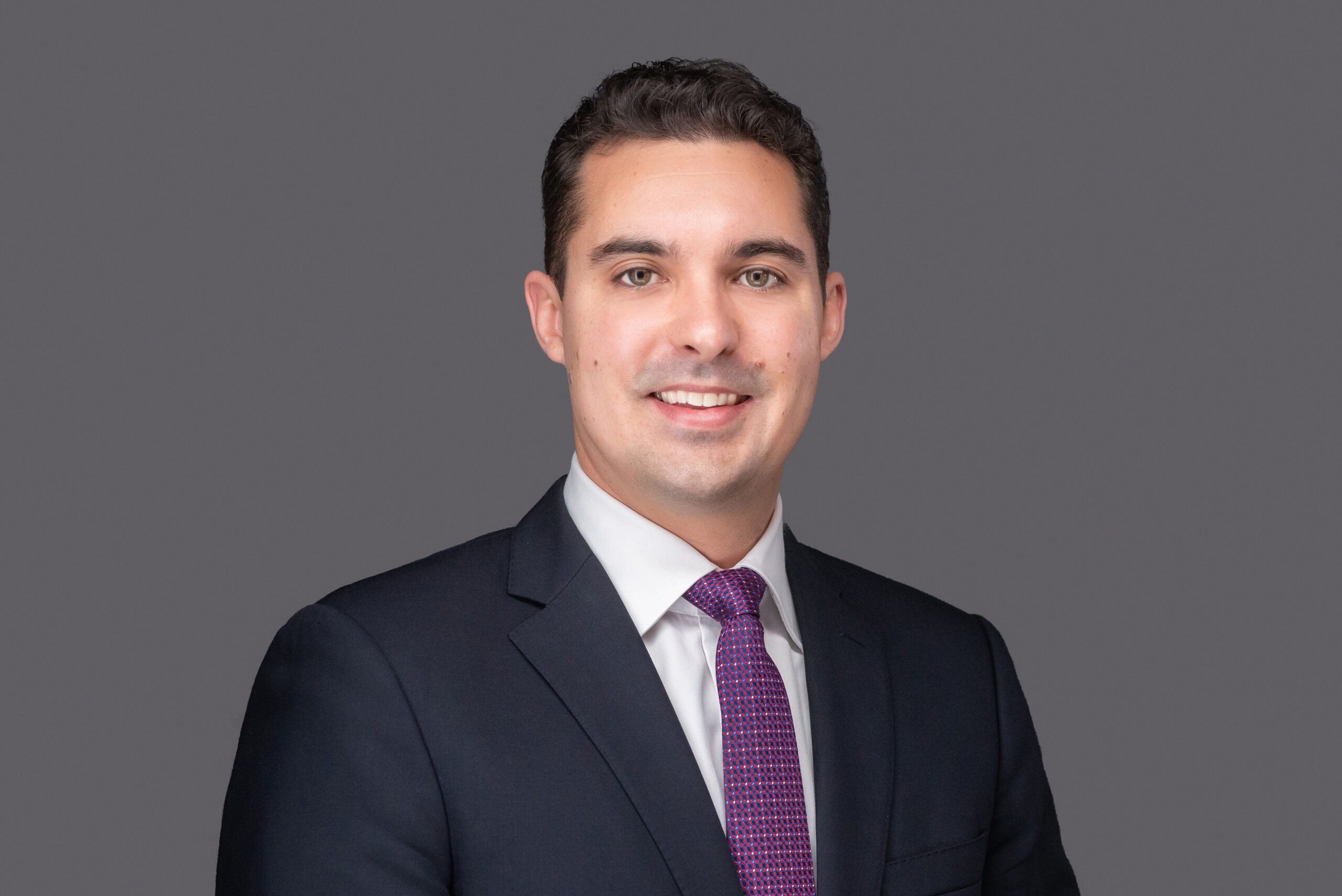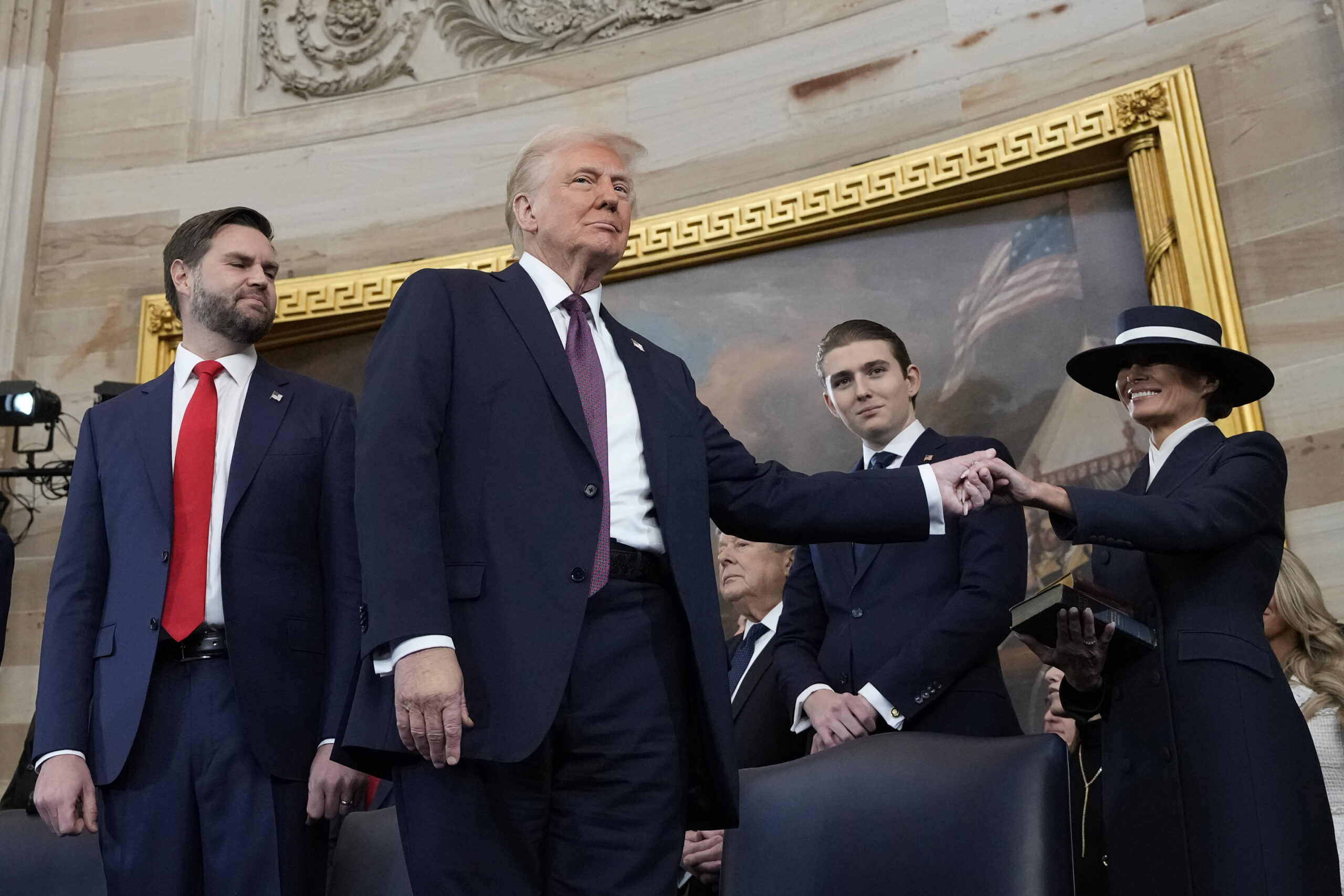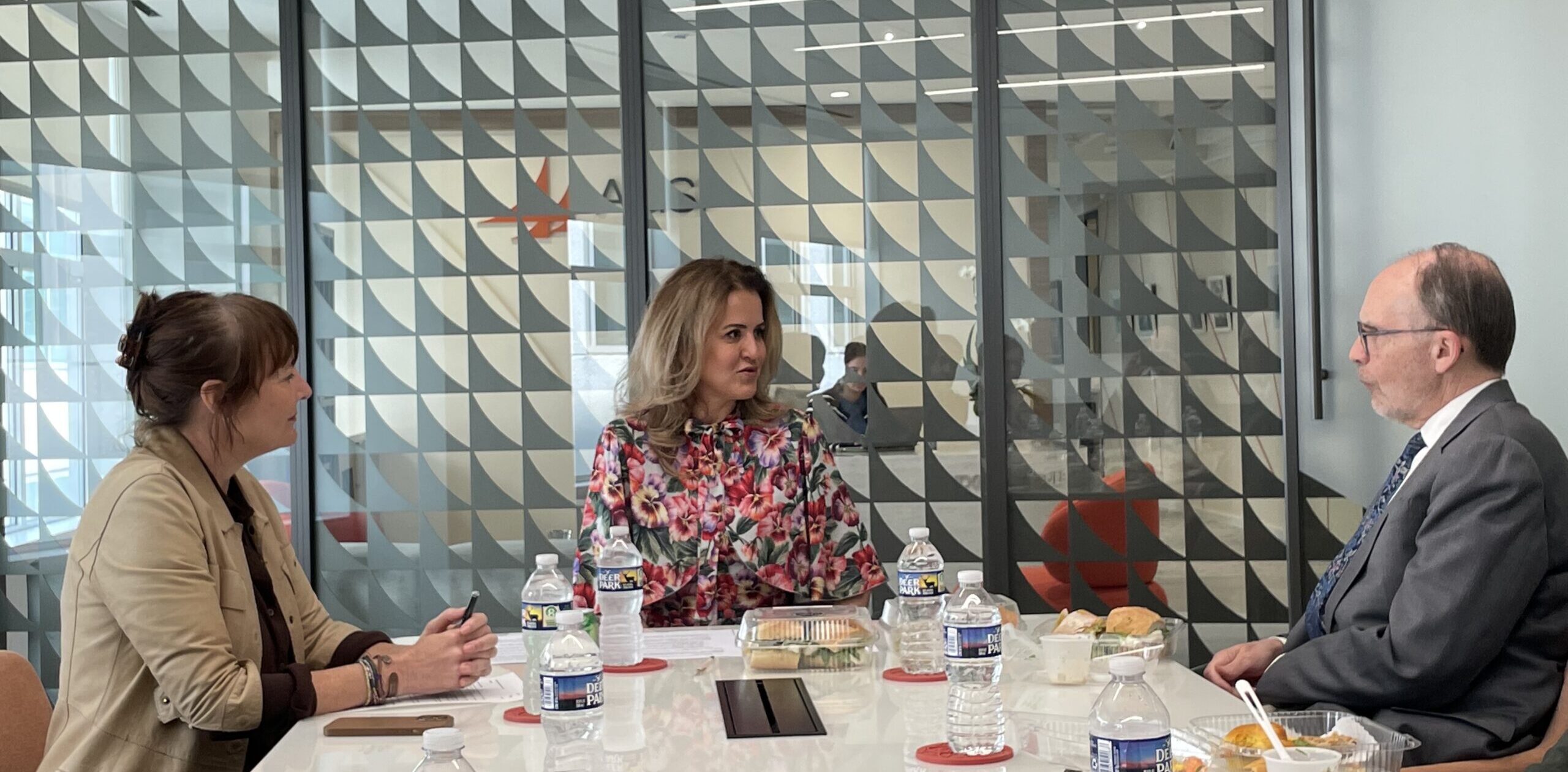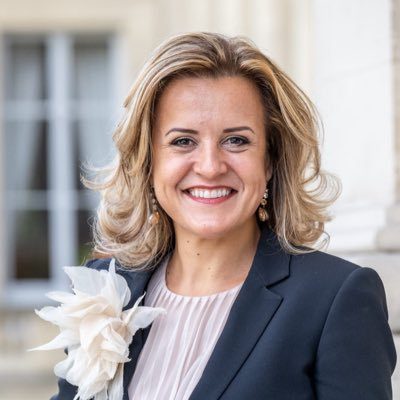Saudi Arabia Reassigns Roles within a More Centralized Monarchy
As Saudi Arabia moves toward more centralized authority over national security and intelligence functions, will these measures serve to check or further empower the crown prince?
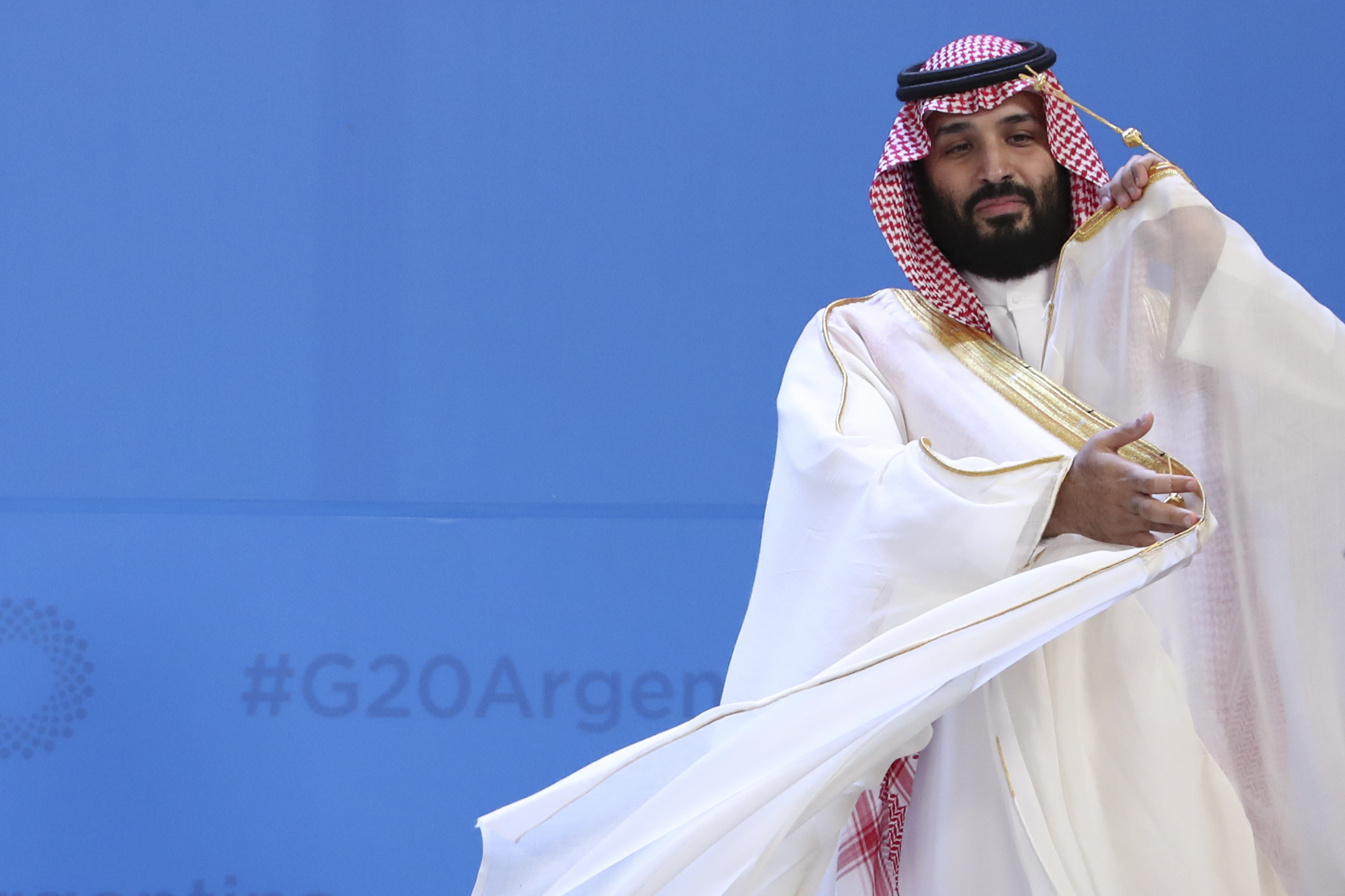
The visit to Riyadh by U.S. Secretary of State Mike Pompeo coinciding with the passage of a hundred days since the murder of journalist Jamal Khashoggi marks an opportunity to take measure of how international outrage over the killing has altered the Saudi internal landscape.
There is little evidence of elite accountability. In none of the evolving Saudi narratives does Crown Prince Mohammed bin Salman bear any responsibility for Khashoggi’s death. According to the Saudi prosecutor’s report, two of the crown prince’s senior aides who were involved in the operation to bring Khashoggi back to the kingdom – unnamed, but seemingly Saud al-Qahtani, royal court advisor on media affairs, and Major General Ahmed al-Asiri, the deputy head of the Saudi intelligence services – were absolved of culpability in planning Khashoggi’s murder and appear to be thus far sheltered from prosecution.
Without greater pressure from the administration of President Donald J. Trump this is unlikely to change. The inclusion of Qahtani among the 17 Saudis sanctioned by the U.S. Treasury is a point of discrepancy between the two countries and a potential means of repudiating a host of actions associated with Qahtani as key confidant and enforcer for the crown prince. Among these actions are the detention and at times reported abuse of prominent critics, businessmen, and royal rivals, as well as the forced resignation of the prime minister of Lebanon. His fate thus serves as a barometer for gauging international demands and Saudi resistance to them.
Yet apart from the limited legal liability, there is a reckoning among some within the Saudi establishment of the costs of the Khashoggi affair on Saudi Arabia’s international standing, and a dawning recognition of the risks the leadership continues to court under its current power configuration. This is evident in the reports of Saudi royals seeking counsel with the king behind the scenes. Traces of a response can be gleaned from the inclusion of old court hands in the recent Cabinet reshuffle and in a set of royal decrees reorganizing intelligence agencies and the royal court itself. These indicate a process, contingent and surely contested, to institutionalize the new national landscape, and to reassign roles within a more centralized monarchy. Ultimately, though, it is the near monopoly of power in the hands of MbS that weighs against any efforts to contain his most worrisome impulses.
Royal Consolidation under King Salman
The first two years of King Salman bin Abdulaziz’s reign were centered on securing the line of succession for his son. By 2017, the Al Salman branch of the royal family had sidelined royal rivals through a process of intimidation and governmental reorganization, tossing aside established norms of seniority and power sharing. In the place of senior royals, MbS, through his father, elevated young royals beholden to him, while appointing technocrats and empowering a coterie of nonroyal advisors, several of them childhood friends, to act as champions of this nationalist program and enforcers of his rule. This process is illustrated by the restructuring of Saudi intelligence, and the royal court itself.
Under King Abdullah bin Abdulaziz, intelligence authority was held largely by two princes. From the Interior Ministry, Mohammed bin Nayef oversaw both domestic intelligence and counterterrorism. The Saudi intelligence service, more formally known as the General Intelligence Presidency, was controlled post-Arab Spring by Bandar bin Sultan, and in the last year of King Abdullah’s reign by Khalid bin Bandar. Bandar bin Sultan was also the longstanding head of the Saudi National Security Council, established by King Abdullah in 2005. Mohammed bin Nayef served as the deputy head of this elite decision-making body tasked with coordinating national security, intelligence, and foreign policy.
Upon assuming the throne in January 2015, King Salman immediately dissolved the Saudi National Security Council, replacing it with a new body, the Council for Political and Security Affairs. This mirrored a similar abolition of numerous economic decision-making bodies, which were consolidated under the Council for Economic Development Affairs, effectively centralizing security and economic affairs within these two councils. The Council for Political and Security Affairs had a similar composition of ministers as the Saudi National Security Council, but Prince Bandar was excluded, perhaps for his unsuccessful role in organizing Syrian rebels. At the same time, his successor at the head of the General Intelligence Presidency was replaced with a nonroyal military officer.
While Mohammed bin Nayef initially assumed the leadership of the Council for Political and Security Affairs, he was later superseded by MbS, who replaced him as crown prince in June 2017, leaving the young crown prince in charge of both the economic and security councils. In the same year, the counterterrorism and domestic intelligence powers of the Interior Ministry were transferred to a new Presidency of State Security located within the royal court and overseen by the king. It was headed by a commoner, a general and former disciple of Mohammed bin Nayef known as a trusted counterterrorism liaison between Saudi Arabia and the United States. In short time, then, King Salman had concentrated intelligence portfolios in the hands of his heir or nonroyals who offered no political challenge.
The organization of royal courts was similarly centralized. Starting under King Abdullah, the court associated with the cabinet of ministers was abolished, consolidating power in the royal court, at the time led by King Abdullah’s influential advisor Khalid al-Tuwaijri. When King Salman took power, he likewise eliminated the court of the crown prince, undercutting Mohammed bin Nayef and leaving only one central court under the control of MbS. It is within the royal court that many of the initiatives of the crown prince, such as the media and cybersecurity outfits overseen by Qahtani, emerged and intelligence bodies were administered.
Institutionalizing National Security?
The consolidation of power within the ruling family by the Al Salman branch simultaneously effected a centralization of security and intelligence. While some of this streamlining of decision making was started under King Abdullah, it was rapidly accelerated under King Salman to the degree that Saudi Arabia, a state long segmented by influential royals and their control over rival security services, can now be said to be forming national security agencies. As of yet, though, these bodies have been underinstitutionalized and conflated with a now more powerful royal court.
The potentially negative consequences of this, especially under an inexperienced ruler impatient to project his power at home and abroad, are in clear evidence in the many examples cited by concerned allies: the kidnapping of the Lebanese prime minister, detention of rival royals and prominent businessmen, imprisonment and reported torture of female rights advocates, and brutal killing of Khashoggi. The need to address the lack of institutional constraints, and also to demonstrate to international partners a measure of accountability, appears to be driving some changes.
One of the earliest Saudi responses to international pressure over the Khashoggi scandal was the formation of a ministerial committee to restructure the Saudi intelligence agency. The appointment of MbS to head this committee was an early indication that Saudi Arabia would not allow the Khashoggi affair to threaten his essential authority. Yet alongside MbS, the five-person committee contained experienced functionaries closely associated with the court and tied personally to the king. Two of these individuals, Musaed al-Aiban and Ibrahim al-Assaf, were later given the key security and foreign policy appointments in the new Cabinet announced in late December 2018.
Aiban was named national security advisor, a position once floated for the current Saudi ambassador to the United States and younger brother of MbS, Khalid bin Salman. Aiban has been a minister of state since 1992, serving as a key intermediary among the security decision makers within the royal court and with foreign powers since the time of King Fahd bin Abdulaziz. His interventions have been cited on the Yemen portfolio and in the 2014 confrontation with Qatar. The revival of the position of national security advisor is curious, given the 2015 abolition of the Saudi National Security Council in favor of the Council for Political and Security Affairs. An April 2017 royal decree called for the establishment of a National Security Center reporting to the king, and Aiban will now head this new institution and oversee its staffing. Yet its relationship to the Council for Political and Security Affairs – and MbS who heads it – remains unclear.
Assaf was appointed foreign minister, a surprising assignment for the longtime minister of finance. Yet he, like Aiban, is an experienced state minister said to have the confidence of the king, despite his short detention in the anti-corruption purge used to intimidate prominent businessmen, ministers, and royal rivals in November 2017. Just as Aiban will be tasked with professionalizing the intelligence and security services, Assaf will focus his work on the restructuring of the Foreign Ministry and Saudi diplomacy. His presence as the kingdom’s top foreign emissary will likewise serve to bolster confidence in the Saudi economy as the early period of enthusiasm over the reform program Vision 2030 has been overtaken by mounting anxiety in the Saudi business community and skepticism from international investors. Continued capital outflow despite the oil price recovery, personified in a recent viral video of Saudi Prince Khalid bin Faisal urging Saudi businessmen to invest their money in the country vividly illustrate the danger.
The task of institution building to be undertaken by Aiban and Assaf may be bolstered by a royal decree that accompanied the Cabinet reshuffle. It calls for the court of ministers to be re-established, at least conceptually instituting some organizational space between the business of government and the internal deliberations of the Al Saud ruling family. Given MbS’s position as head of the royal court, this may be another sign of tentative efforts to empower some checks on his rule.
Can a Saudi State under MbS be “Rationalized”?
Steps taken by the Saudi leadership, apparent in the recent Cabinet change and royal decrees, show a pause in the centralization of authority driven by the consolidation of power that left MbS the undisputed sovereign atop a more nationalist state. Missteps under this young sovereign, most dramatically the Khashoggi murder, have provided new impetus to the institutionalization and professionalization of these new national bodies.
Yet serious questions remain. Even these limited changes are contested. The technocrats join a Cabinet still replete with young MbS allies, and even the internationally sanctioned Qahtani is said to continue to attend the royal court. While his media outfit has seemingly been replaced with a new center for communication and media studies, hypernationalist Saudi social media engagement and attacks on domestic and foreign adversaries, including increasing hits on the reputation of Khashoggi, continue unabated. Technocrats may contribute to more professionalized institutions, but as nonroyals, both their standing and reforms are contingent upon and subject to the whims of the sovereign. With the diminished role of senior royals and increased U.S. reliance on the kingdom for regional policies – with more emphasis on burden sharing and less on human rights – there are now limited checks on an emboldened Saudi ruler.
The views represented herein are the author's or speaker's own and do not necessarily reflect the views of AGSI, its staff, or its board of directors.


